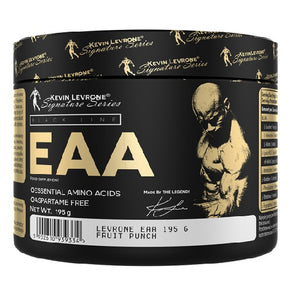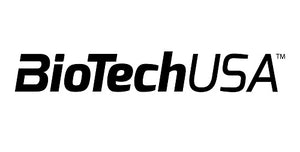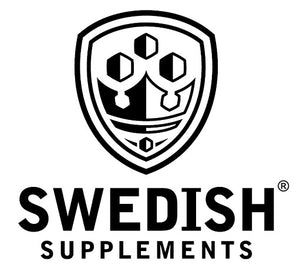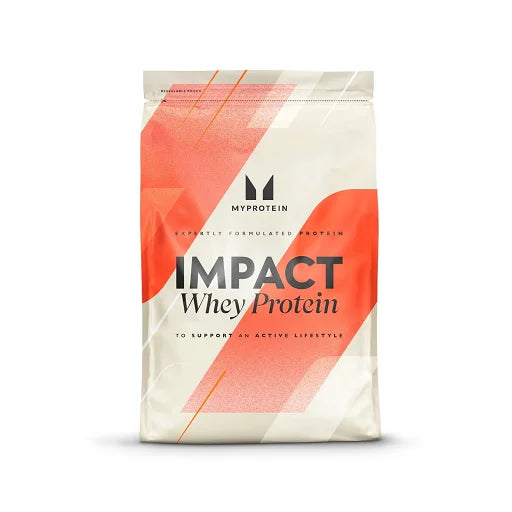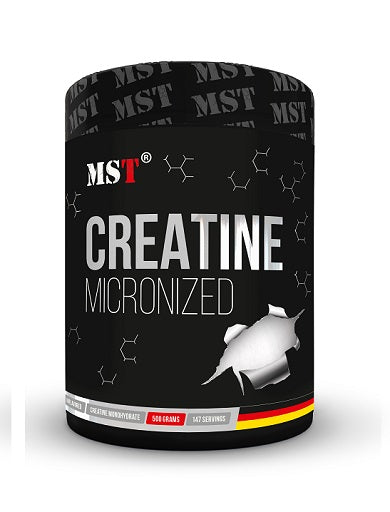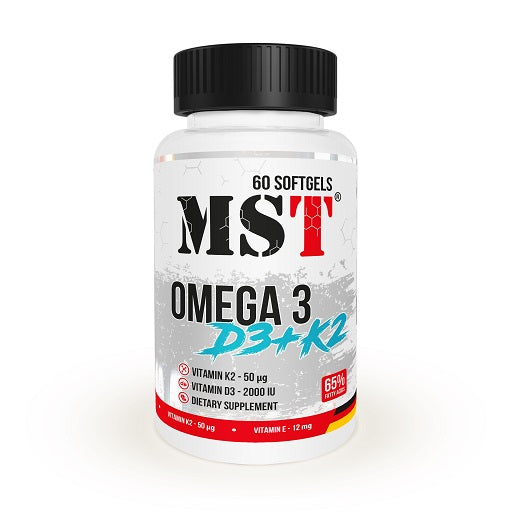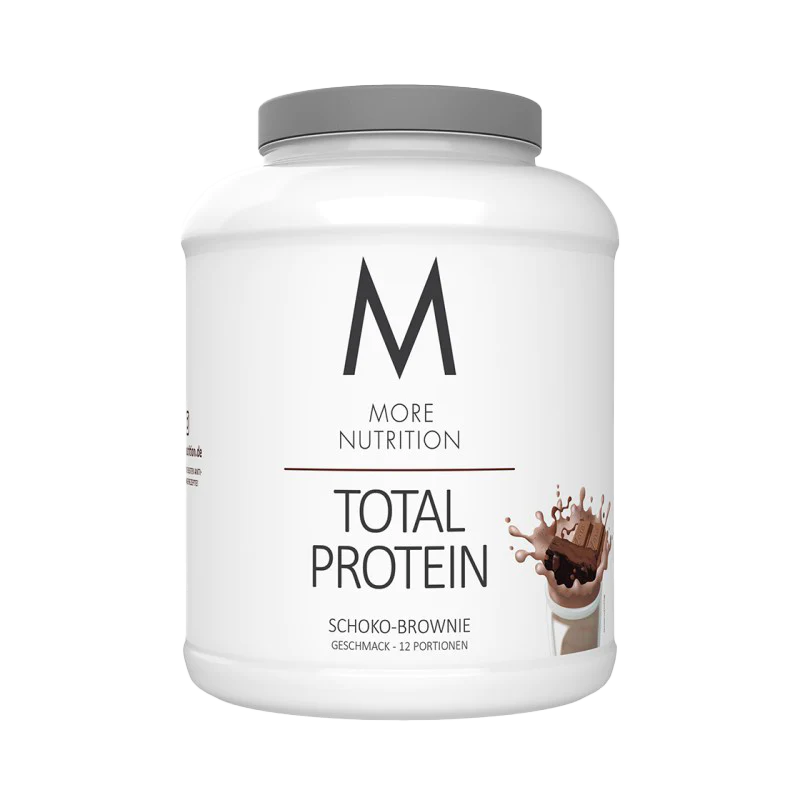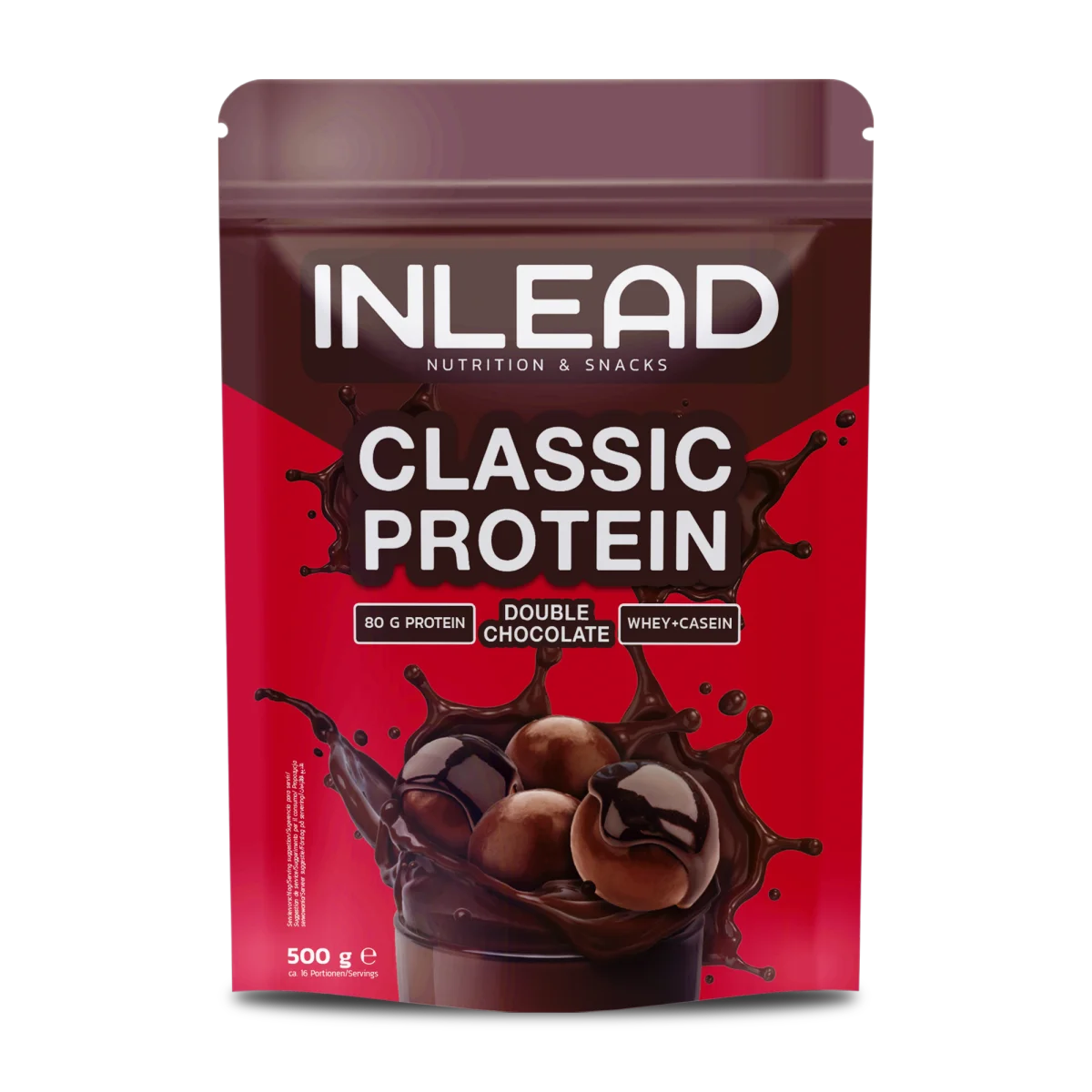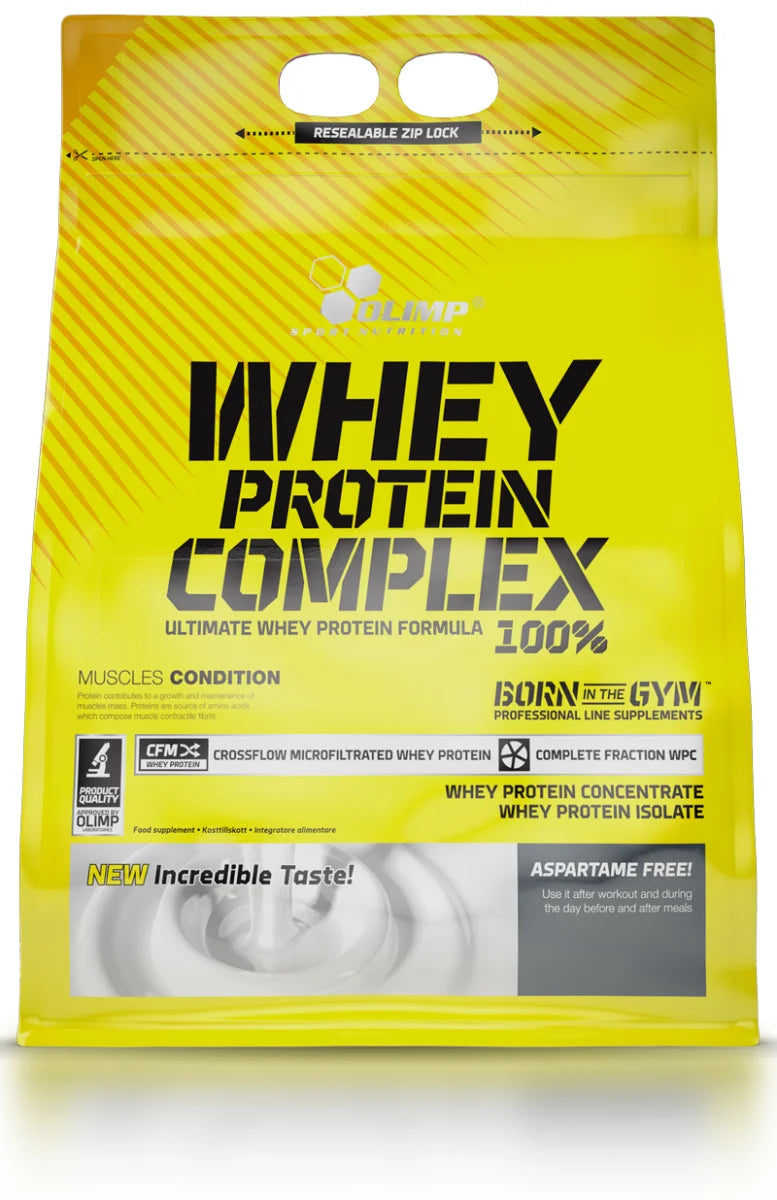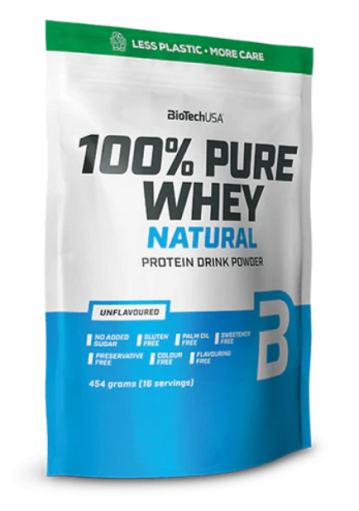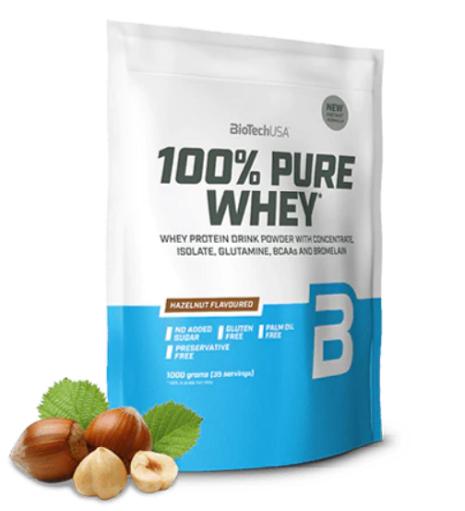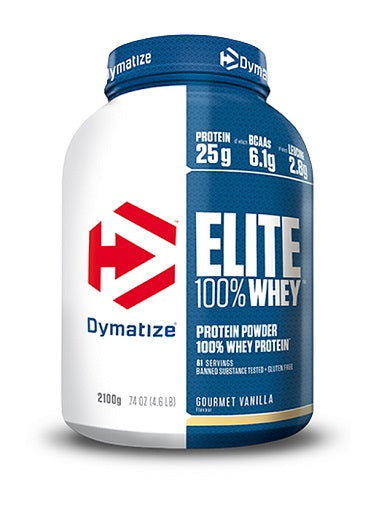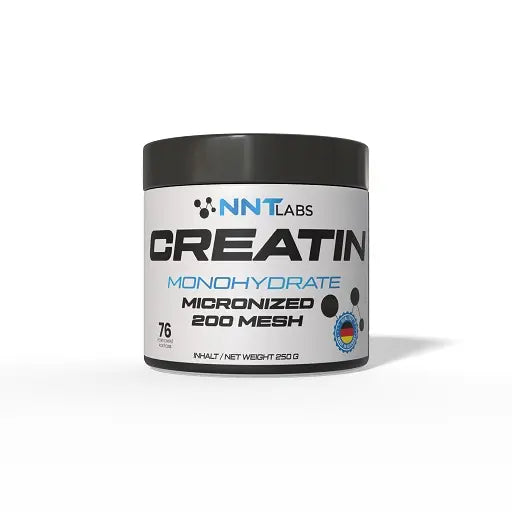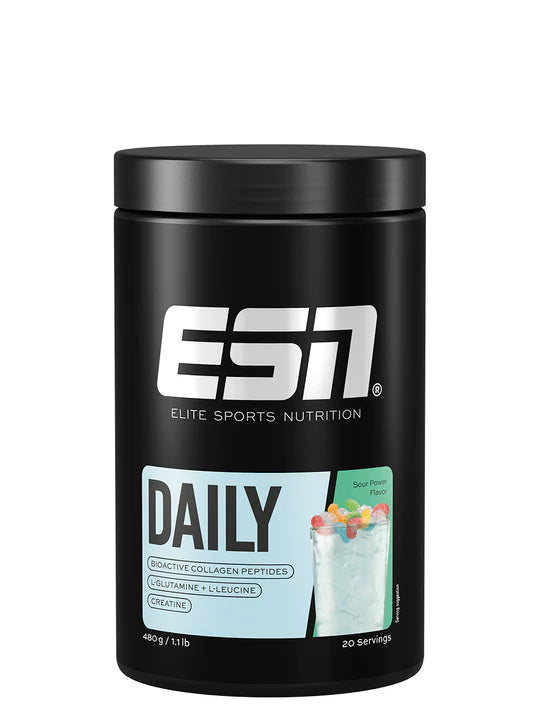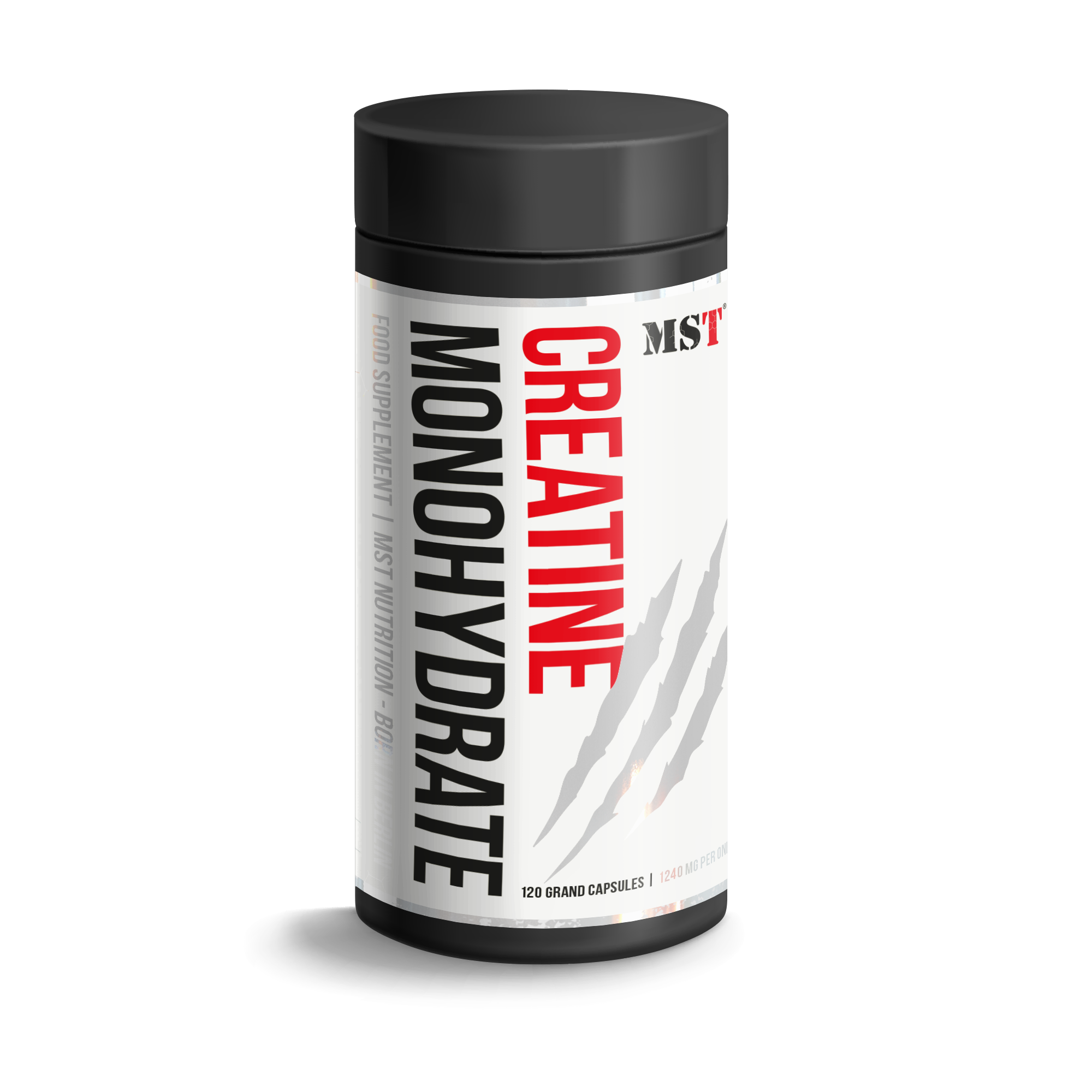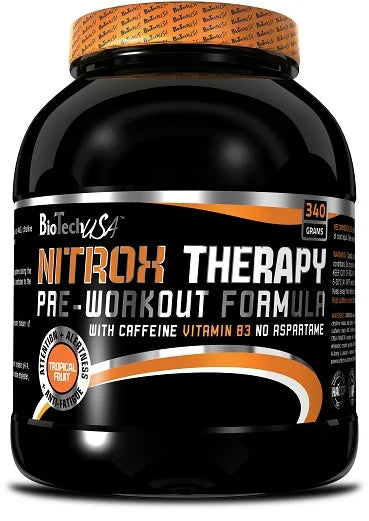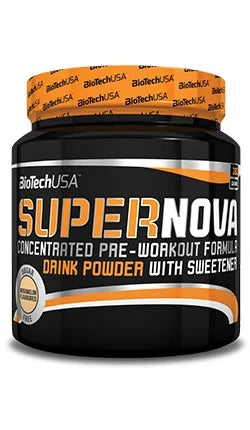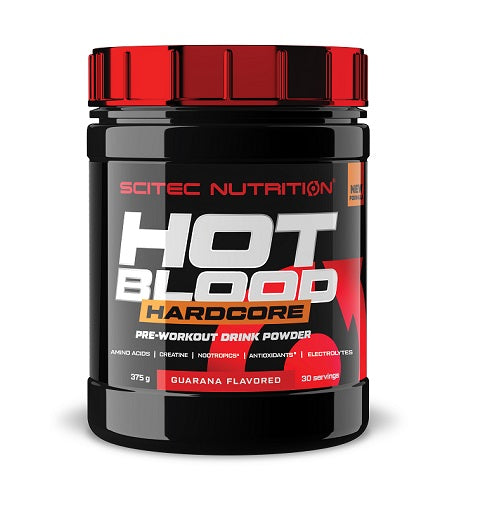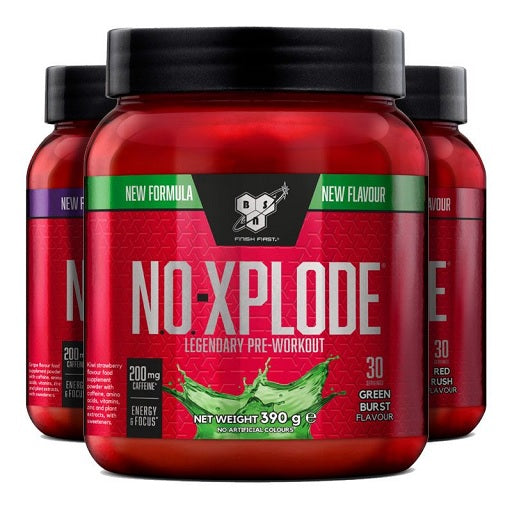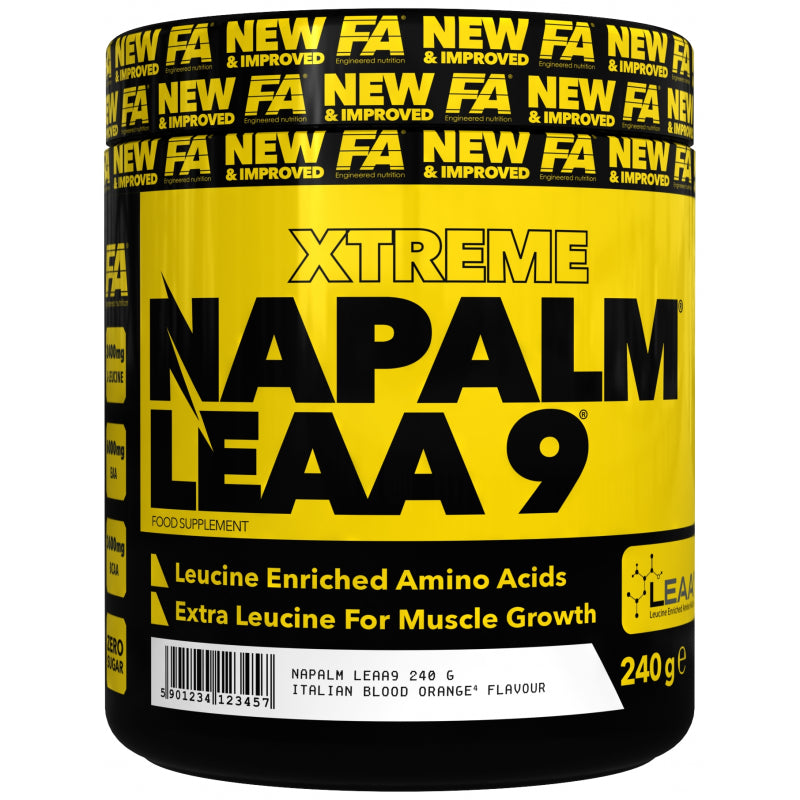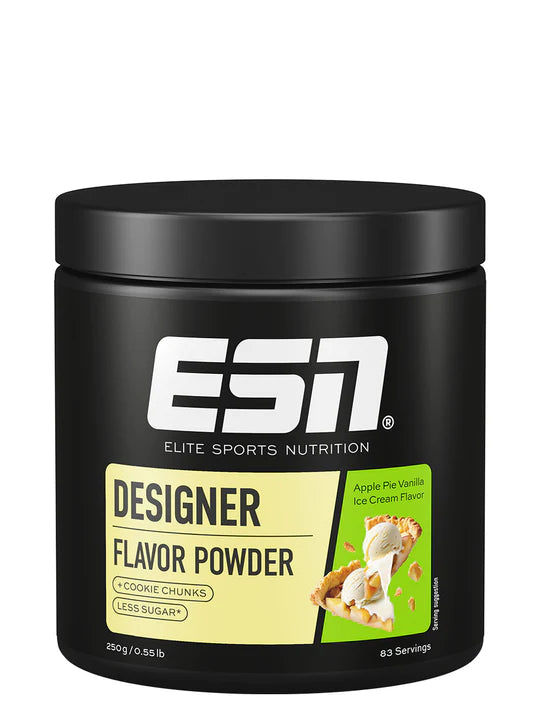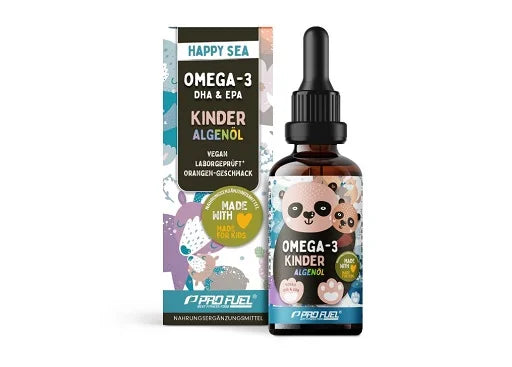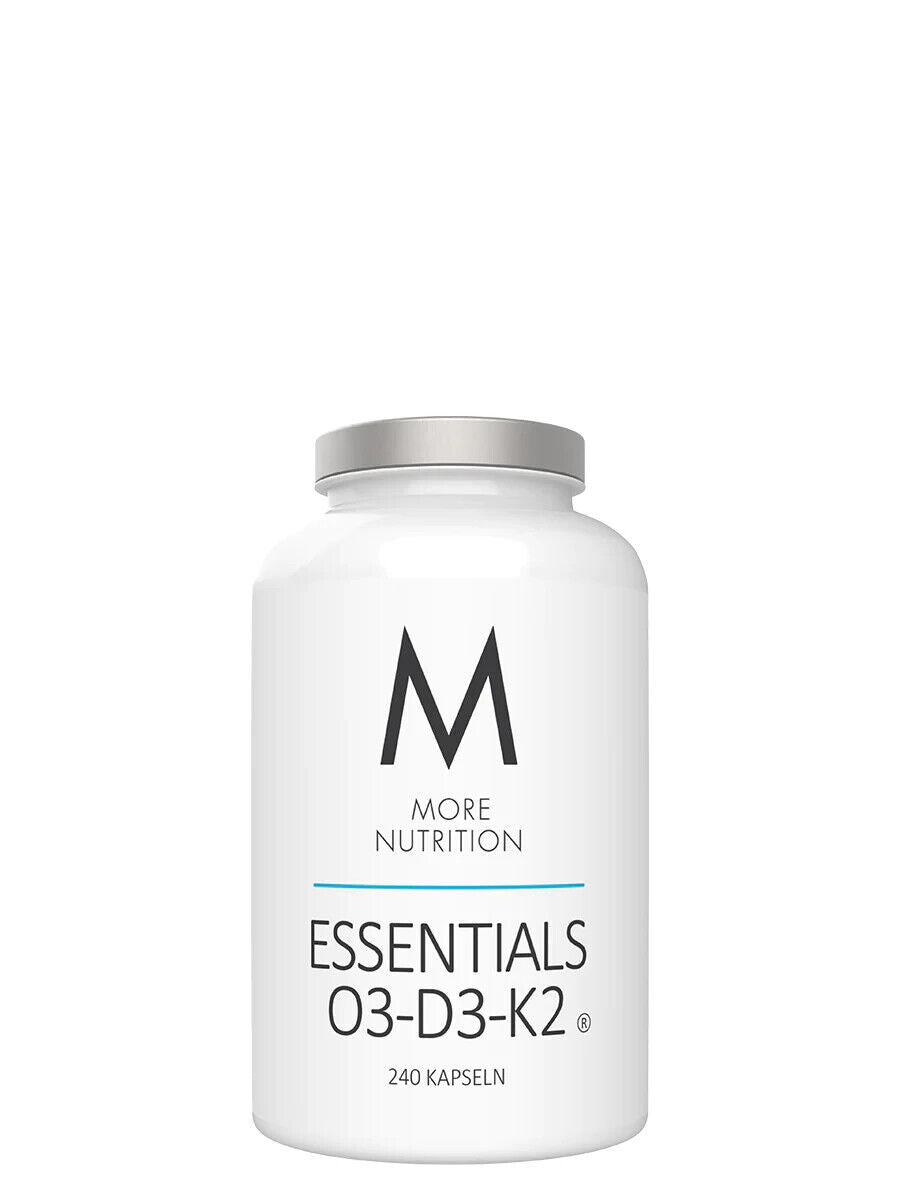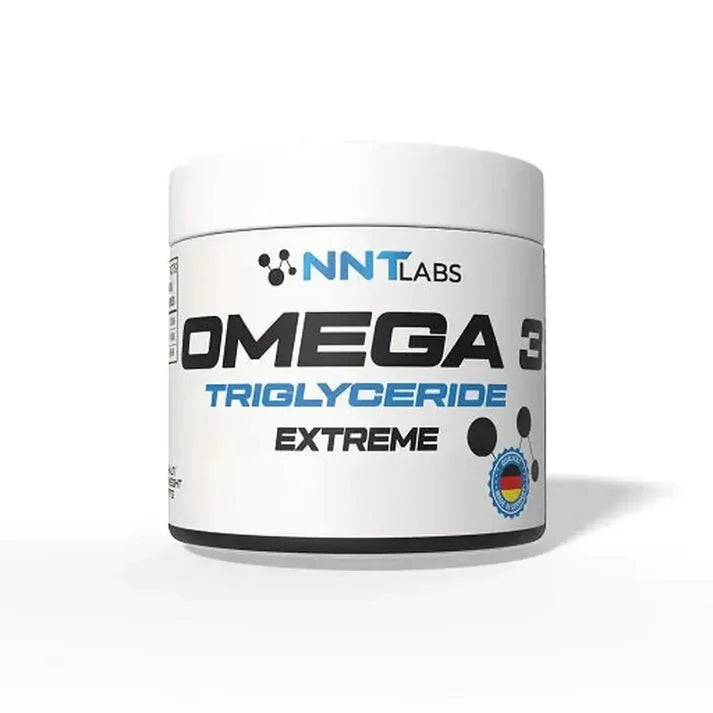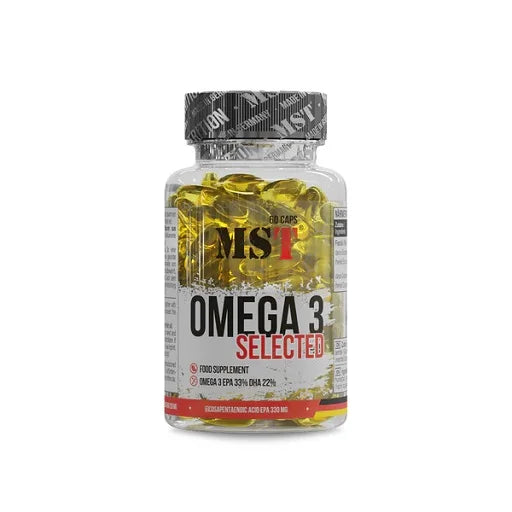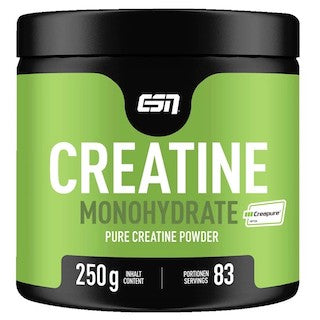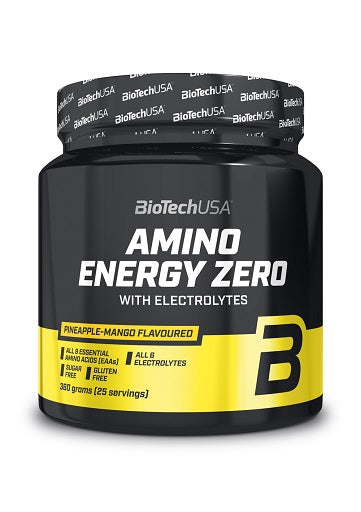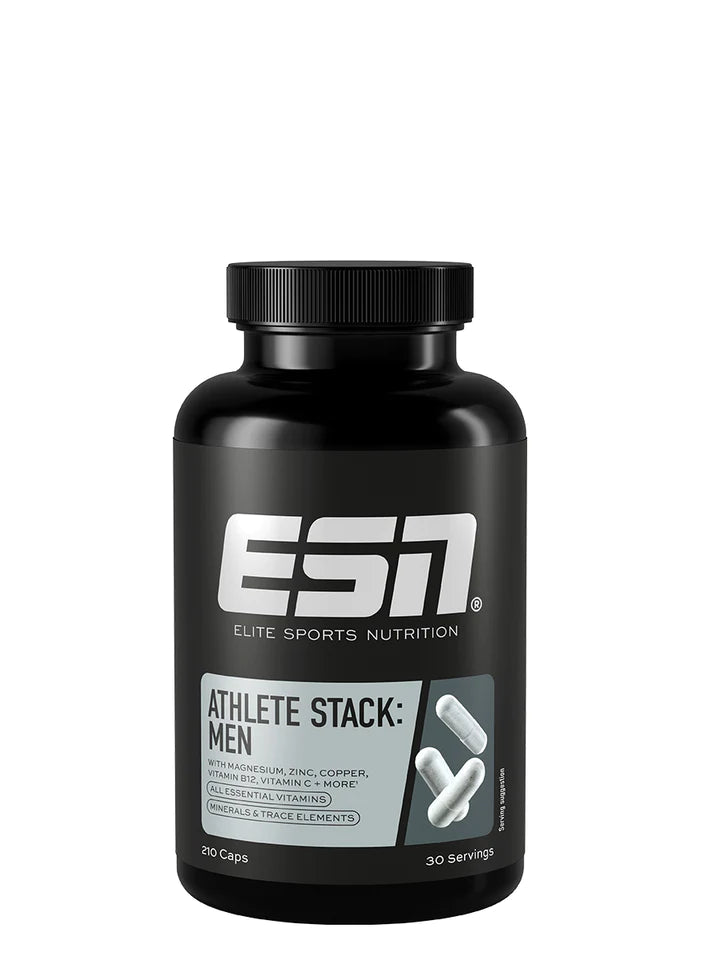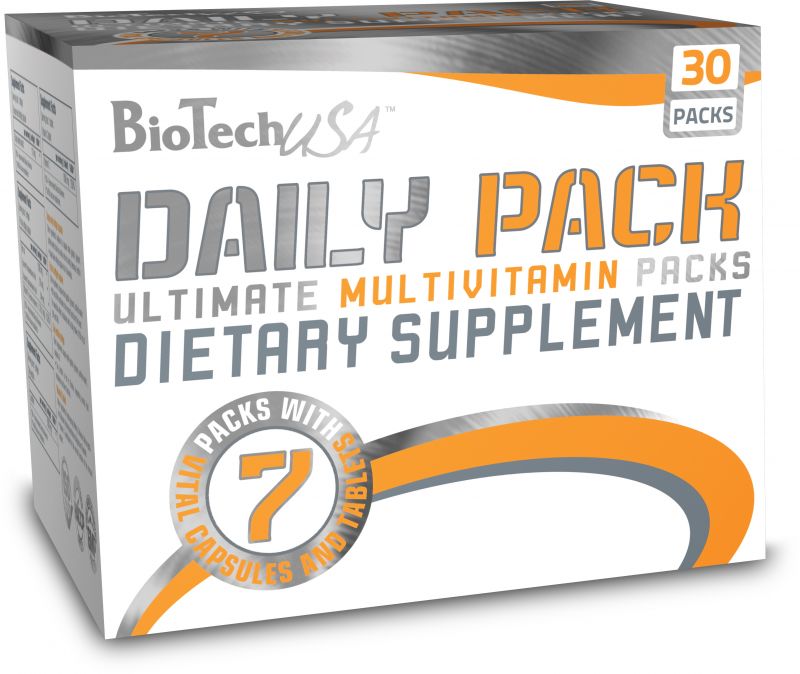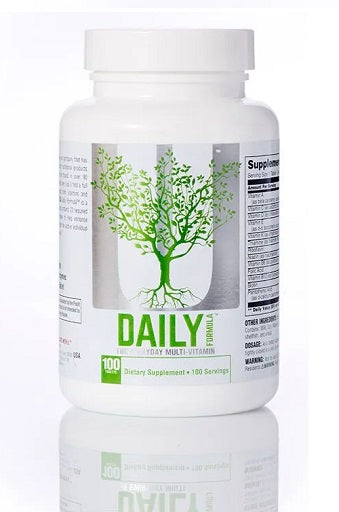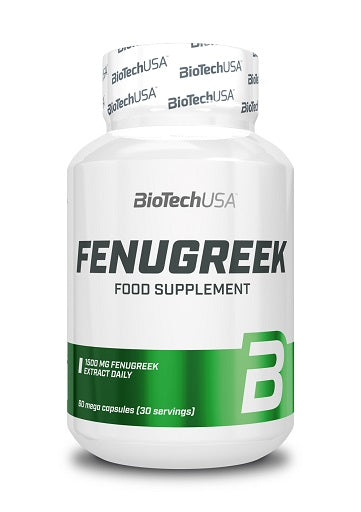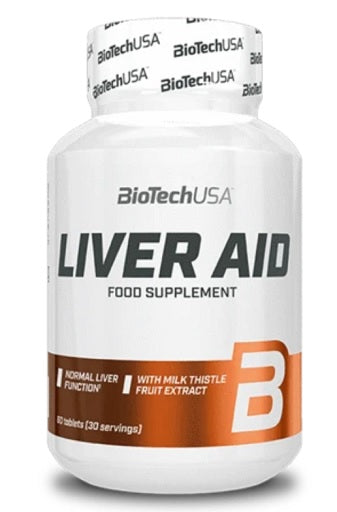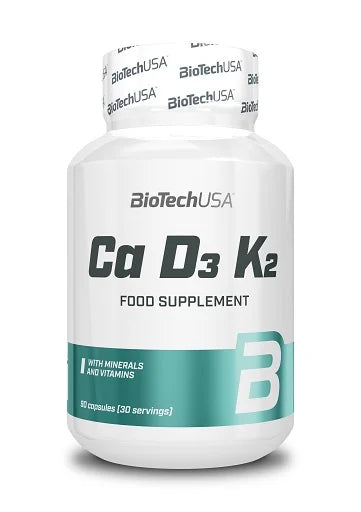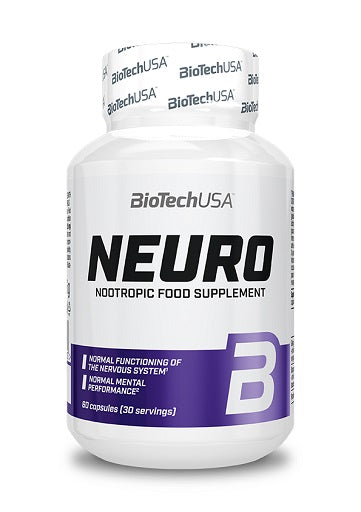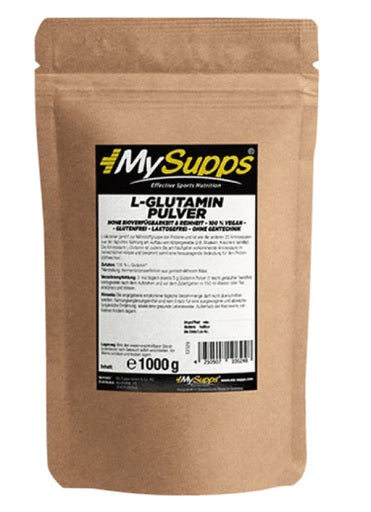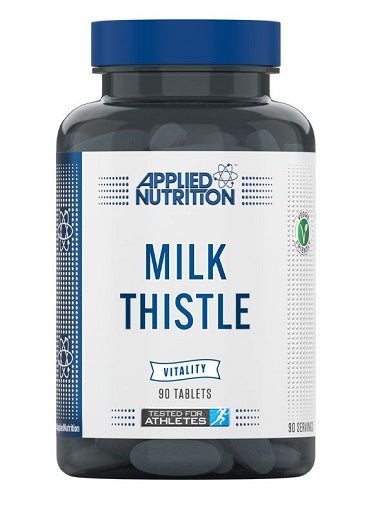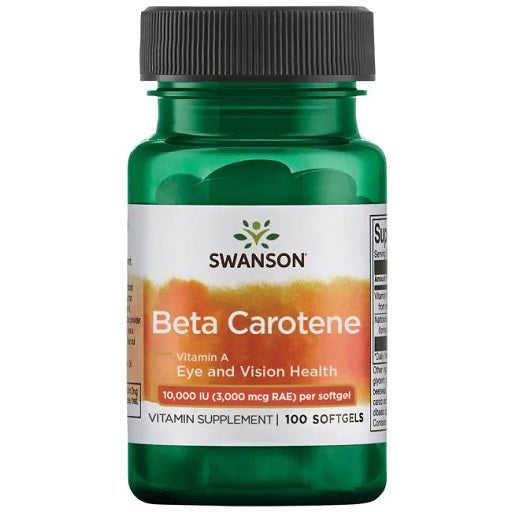Acerola extract, derived from the tropical fruit Malpighia emarginata, has gained popularity as an effective dietary supplement in recent years. Acerola extract is rich in vitamin C and other essential nutrients and has proven to be a valuable addition to your daily routine.
This article explains the benefits and discusses possible side effects and interactions.
Vitamin C bomb
The health benefits of acerola cherries are primarily due to their high vitamin C content. In fact, acerola cherries are among the richest in vitamin C, right behind rose hips (1). 100 grams of fresh acerola cherries contain between 1,500 and 500 milligrams of ascorbic acid. Research also shows that vitamin C from acerola is more easily absorbed by the body than synthetic ascorbic acid (13).
Vitamin C has important functions in our body:
- It improves the normal functioning of the immune system during and after physical exercise.
- It promotes normal collagen formation and maintenance of bones, cartilage, skin, teeth and gums.
- Improves the normal functioning of blood vessels.
- In general, it improves energy metabolism. Reduces tiredness and fatigue.
- It promotes the normal functioning of the nervous and immune systems.
- Improves iron absorption.
- Protects cells from oxidative stress.
Acerola also contains many other minerals and vitamins, including beta-carotene, lutein, thiamine, riboflavin, niacin, pyridoxine, folate and pantothenic acid.

Do we need to supplement vitamin C with supplements?
The recommended daily allowance (RDA) for vitamin C is 90 mg (body weight) and 75 mg (body weight) per day or 85 mg (pregnancy) and 120 mg (breastfeeding) per day (3). The DGE currently recommends 110 mg (men) or 95 mg (women) of vitamin C daily for adults aged 19 and over, 105 mg for pregnant women and 125 mg for breastfeeding women ( ). Levine et al. (7) suggested that 200 mg is required for adequate vitamin C saturation.
The risk groups for vitamin C deficiency include:
- Smokers (an additional 35 mg is recommended) (6)
- People with limited dietary diversity
- People with existing absorption disorders or certain chronic diseases
According to the National Consumption Study, the median vitamin C intake in Germany is 130 mg / day for men and 13 mg / day for women (5). It is therefore above RDA and also above DGE but below the assumption for optimal care according to Levine (7).
Strong antioxidant with synergistic effects
A review article by Prakash and Baskaran (11) presents further potential effects of acerola which, in addition to vitamin C, can also be attributed to the content of various phytonutrients such as carotenoids, phenols, flavonoids and anthocyanins (12).
Antioxidant effects of the acerola fruit have already been shown in vitro (2), but still need to be further studied.
The overall antioxidant capacity of acerola is not attributed solely to the vitamin C it contains, but to the synergistic effects of several phytonutrients. In fact, studies show that vitamin C accounts for 0 to 83 percent of total antioxidant activity.
The rest of the effect comes from the polyphenols it contains (15).
| The composition of acerola (100 g fresh weight) | ||||
|---|---|---|---|---|
| Water | 91.41g | zinc | 0.10 mg | |
| energy | 32 kcal | Ascorbic acid, total | 1677.6 mg | |
| protein | 0.40g | Thiamine | 0.020 mg | |
| Total lipid (fat) | 0.30g | Riboflavin | 0.060 mg | |
| carbohydrates | 7.69g | niacin | 0.400 mg | |
| Fiber, total | 1.10g | Vitamin B6 | 0.009 mg | |
| calcium | 12 mg | Folate | 14 mcg DFF | |
| iron | 0.20 mg | Vitamin A | 38 mcg RAE | |
| magnesium | 18 mg | Saturated fatty acids, total | 0.068g | |
| phosphorus | 11 mg | Fatty acids monounsaturated, total | 0.082g | |
| potassium | 7 mg | Fatty acids polyunsaturated, total | 0.090g | |
| sodium | 7 mg | |||
|
Source: adapted from USDA, National Nutrient Database for Standard Reference |
||||
Administrative
Acerola cherry itself has a very sweet taste. It can be eaten raw or cooked. However, because acerola spoils quickly and loses many nutrients during storage, many people prepare it in the form of supplements such as capsules, juices, chewable tablets, or powder.
It makes sense to know the actual vitamin C content of acerola products. Studies suggest a loss of 6 to 15% in the production of acerola extract (1).
Side effects/overdose
If you overdo it with taking acerola extract, you could become acquainted with typical side effects of taking too much vitamin C, which would be:
- Diarrhea
- Stomach cramps
- dizziness
- Flushed appearance
- Frequent urination
- Headache
- nausea
- Vomit
- Increased risk of kidney stones
The intake of acerola extract should always be taken in conjunction with other vitamin C intake via food, drinks or other supplements and adjusted to usual dosage recommendations.
Interactions
Interactions are conceivable with:
- Anticoagulants (reduced effectiveness) (9)
- Estrogens (delayed breakdown / increased effect) (8)
- Aspirin (reduced urinary excretion) (10)
- Selected cancer drugs (reduced effect) (10)
Conclusion
For people who have problems meeting their necessary vitamin C intake through food, using an acerola product is a sensible and effective option. Those who are looking for a potent, natural antioxidant will also find what they are looking for in acerola extract.
In practice, it is important to keep an eye on the total intake of vitamin C. It is found in relevant quantities in selected foods and is also often included in nutritional supplements because of its many effects. Too much vitamin C is not only “too much,” but it can also have potential side effects.
It also seems important to pay attention to the list of possible interactions, which are also particularly relevant to increasing vitamin C intake.
Acerola extract is available in tablet form here in our Shopoutlet24 online shop.

















